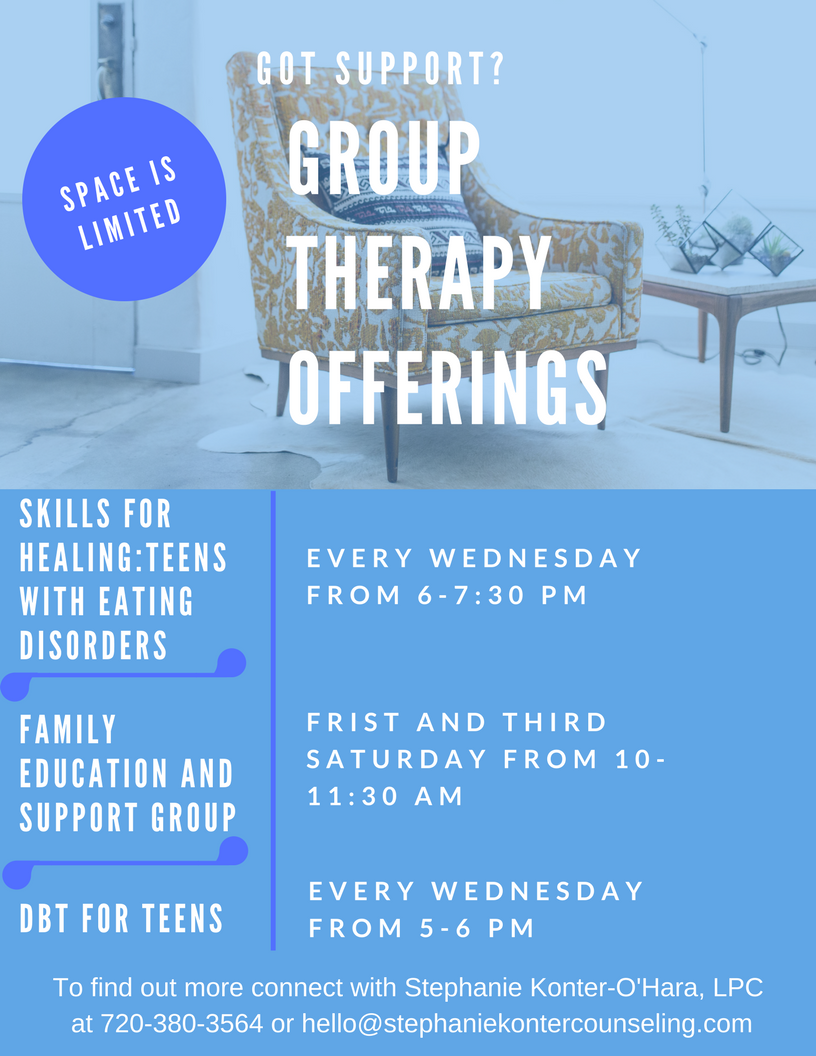At times communicating to a peer can be difficult because they may not be as passionate about the topic or understand the emotions or even see your point of view. Often times the relationships a peer however are not always permanent as they are with your parents, you typically have one set of biological parents, or a different amount or configuration of parents. The point is, is typically the amount of parents a person has is limited so communicating, relating, understanding, managing your relationship with them can be seen as more valuable.
As one can imagine this is not always rainbows and butterflies, perhaps the relationship is distant, rejecting, enmeshed, controlling, unfulfilling, or other uncomfortable dynamics. How to identify these relationships as dysfunctional is equally important to healing from and/or changing them.
The distant relationship- I this arrangement both the child and the parent can remain civil, however their is little to no sharing of ideas or feelings. They maintain a business like arrangement where they agree to spoken or unspoken rules in the relationship and don't interfere or offer emotional support.
Underlying emotions/thoughts- apathy, uncomfortable with own and other peoples emotions
The rejecting relationship- In this arrangement one person in the relationship has made a decision to keep the other person at an arms length even though the other person wants to be close. There may be name calling, ridicule, neglect, or overall abandonment towards one of the individuals.
Underlying emotions/thoughts- fear, pain, insecurity, I'm not good enough, and unworthy of love
The enmeshed relationship- In this arrangement one or both of the people in the relationship forces closeness, creating a dynamic where at least one person does not feel like they can do anything without the persons involvement. Typically the person forcing the closeness is insecure and lonely and feels that the need the other person for constant emotional support.
Underlying emotions/thoughts- please don't leave me, guilt, shame, insecurity and I cannot do this on my own
The controlling relationship- In this arrangement one of the individuals tries to be complete control of the other person. Making sure that they won't make decisions on their own, creating self-doubt in the non-dominate person. The person in control tends to believe that if they let the other person make a choice that everything will fall a part, and remain highly anxious.
Underlying emotions/thoughts- I know best, anger, anxiety, I'm not able to do this, and uncertainty
These are the 4 primary types of relationships I see in my practice (the underlying feelings and thoughts can be had by either party in the relationship), if you can identity with having these types of relationship with your parent or your son or daughter perhaps its time to schedule an appointment and/or make some changes.


